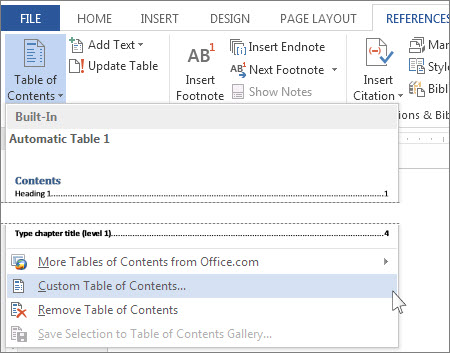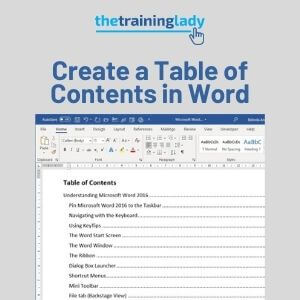
On the one hand, the heading styles greatly simplify my work and present my document in a structured fashion. Keep the ball rolling throughout the document for all of your sections. You can also choose another option so that they look differently. It will design the subtitles of the secondary sections with the numbers like 1.1, 1.2, 1.3, etc. It will make the numbers go up.Īs for the subtitles, highlight one, press the TAB button on your keyboard, and then choose the same Multilevel List option. Go round for the other main titles, but now when the number appears next to the title, click the lightning box and choose "Continue numbering". Here comes the number of my first main title!

Apply the " Heading 1" style to these titles. Keep it up! Go on scrolling through the text and selecting the primary section titles. So now you have assigned the first main section of your document. Highlight the title or the text you want to be the title of your first main section.Don't worry if you haven't used them yet, I will show you how it works with regular text. The key to creating a quick and easy contents page is to use Word's built-in heading styles ( Heading 1, Heading 2, etc.) for the titles (chapters) and subtitles (subchapters) of your document. Make your document look good Heading Styles I'll use Word 2013, but you can use exactly the same method in Word 2010 or Word 2007.
#AUTOMATICALLY CREATE TABLE OF CONTENTS IN WORD HOW TO#
In this post I will show you how to create a table of contents in Word in an automatic way and also how to update it just in a few clicks. You could create a table of contents manually, but it would be a real waste of time. Luckily, Word allows you to create a table of contents, making it easy to refer to the relevant sections of your document, and therefore it is a must-do task for document writers. Depending on the project, it might be dozens or even hundreds of pages long! When you have such a big document with chapters and subchapters it turns out to be very hard to navigate in the document searching for necessary information. It could be an academic paper or a lengthy report.


I am sure that everyone who reads this article right now had to deal with a really long document in Microsoft Word at least once in their lives. Also, I'll show you how to make your document look good using Word's built-in heading styles and the multilevel list option.

You will learn how to insert a table of contents into your document, modify and update it just in a few clicks. If you are a document writer, this article will be very useful for you.


 0 kommentar(er)
0 kommentar(er)
